|
In an earlier post, I shared experiences of why People Make Glasgow and am reminded of this cityʼs theme on a daily basis. Whether a stranger stranger striking up a friendly conversation while in the grocery line or a passenger on the bus helping me understand how to purchase bus tickets, every person with whom Iʼve come in contact has a generous and friendly spirit, which is quite uncommon for a city this size (1.2 million or the most densely populated city in Scotland). The location of the mural in the photo above has great significance to the people of Glasgow. According to this article in Glasgow Live, the mural "looms over the much-loved Clutha pub, where 10 people tragically lost their lives when a police helicopter crashed into the roof in November 2013. The mural not only hails one of the city's greatest legends, but will serve as a constant reminder of Glasgow's community spirit – one which can never be dampened even in the darkest of hours." Yes. The arts play a vital role in the well-being of this cityʼs residents. I was thrilled to share Glasgow with my Fulbright colleagues and friends, Keith Thompson and Shana Ferguson, during Robbie Burns weekend. Robbie Burns was born January 25, 1759 and is considered the national poet of Scotland. Burns wrote in the Scots language before it was popular to do so in literary circles and helped preserve hundreds of Scottish folk tunes and lyrics handed down aurally over the centuries by collecting and recording them. He also was a prolific songwriter and adapted the words of old Scottish folk songs. Although he is often attributed to writing Auld Lang Syne, he collected the songʼs first verse, adapted it and then wrote the remaining three. Burns Night is treated much like a national day where Burns poems are recited, his songs sung and his famous poem, "Address to a Haggis" is recited before the ceremonial haggis is cut. Shana had found a most fitting location to celebrate Burnsʼ Night: Britannia Panopticon, the worldʼs oldest surviving Music Hall! I had taken a tour of this hidden gem earlier in the week as part of Celtic Connections. Opened in 1859, the Panopticon hosted some of the biggest names on the music hall circuit, including Stan Laurel, who made his first stage appearance there as part of an amateur night in 1906. Robbie Burns Night festivities reflected the spirit of this hall with music, song, comedy and the traditional end of the night singing Auld Lang Syne. On Sunday we toured The Hunterian on the University of Glasgow campus before treating ourselves to Afternoon Tea at the Willow Tea Rooms, inspired by the works of Charles Rennie Mackintosh, who sadly died penniless in 1928. Our weekend ended with this chance encounter of the Street Orchestra Live performing outside Glasgow Royal Concert Hall. According to their website, their mission is to "take orchestral music to everyone, anywhere" by giving free performances in public spaces and "is committed to providing concerts for communities with little or no opportunity to hear live music." Check them out on Facebook.
0 Comments
Leave a Reply. |
Lorrie HeagyThis is a personal blog, sharing my experiences living in the UK from January - June 2019 as a Fulbright Distinguished Award in Teaching scholar. This blog is not an official site of the Fulbright Program or the U.S. Department of State. The views expressed on this site are entirely my own and do not represent the views of the Fulbright Program, the U.S. Department of State, or any of its partner organizations. Archives
July 2019
Categories
|
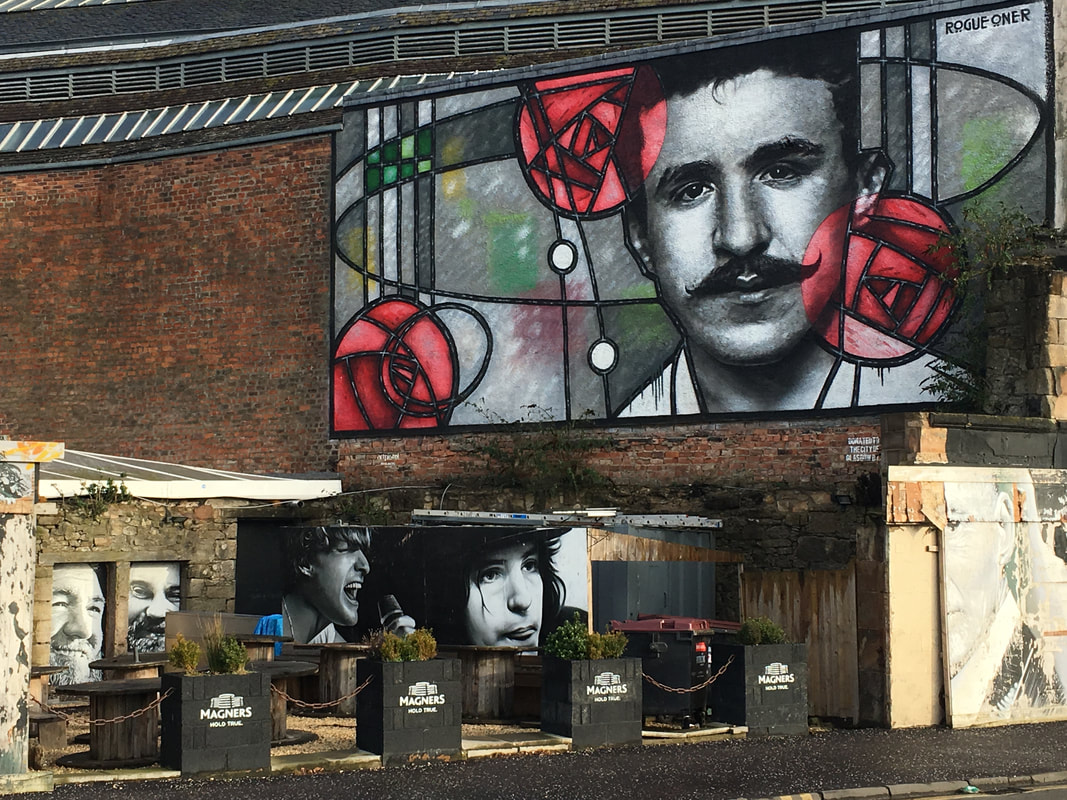
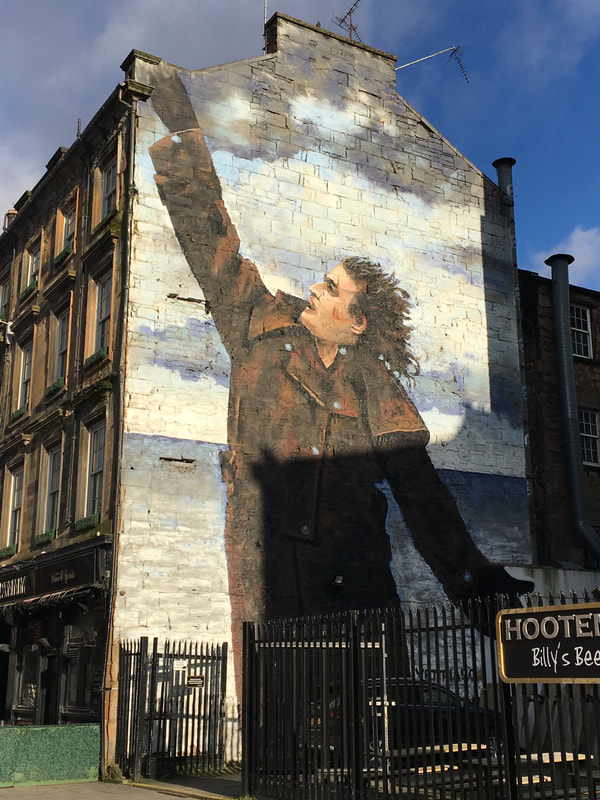
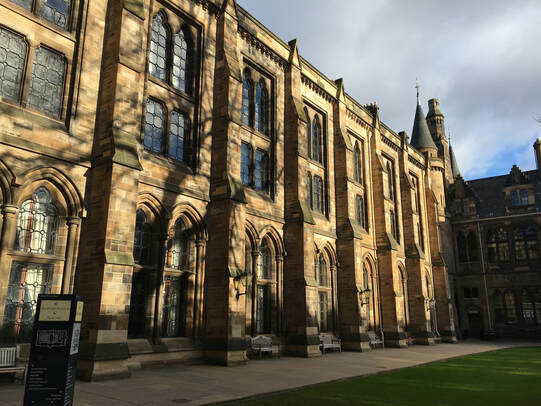
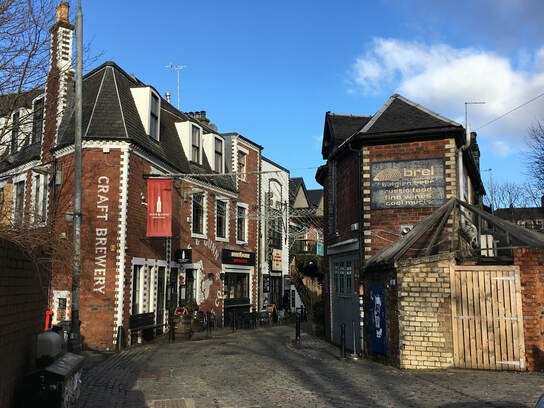
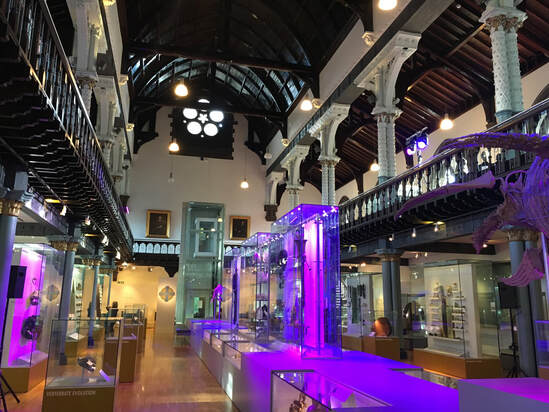
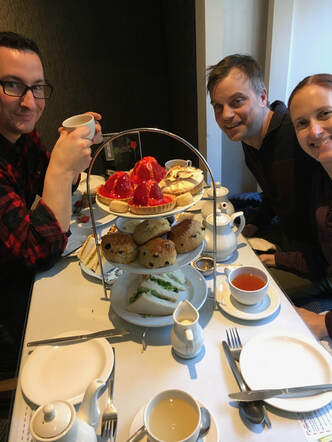
 RSS Feed
RSS Feed
